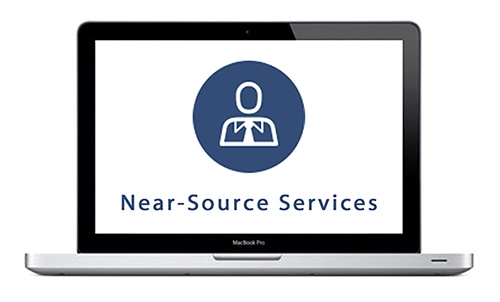As you surf the web, it’s nearly impossible to keep your internet activity completely private. Certain websites collect personal information for marketing purposes and your browser keeps track of all the websites you visit. That browsing information can also fall into the wrong hands, which is why you should consider using private browsing if you want to keep your online activities to yourself.
What private browsing can and can’t do
Cybersecurity tips for working remotely
Protect your network from watering hole attacks

With evil elements continuously developing novel ways to infiltrate networks and steal user data, it is more crucial than ever to stay one step ahead of the curve. Protect yourself from cybercriminals by learning more about their methods. Here are some tips to deal with the threat of watering hole attacks:
What are watering hole attacks?
Watering hole attacks are used to distribute malware onto victims’ computers in a similar way phishing activities are conducted.
Benefits of using a VPN

While using a virtual private network or VPN isn’t a silver bullet to online privacy threats, it still offers crucial security benefits, especially if any part of your day involves using unsecured channels such as public Wi-Fi. Given its importance, how do you pick the right one and what factors do you need to consider?
What is a VPN?
The best way to describe a VPN is as a secure tunnel between your device and destinations you visit on the internet.
Safety tips for watering hole attacks
What you need to know about VPNs
Watch out for the huge KRACK in WiFi security!

A fundamental flaw with WiFi networks has recently been discovered by two security researchers. According to their reports, the KRACK vulnerability renders advanced encryption protocols useless and affects nearly every wireless device. Read on to find out more about KRACK hacks and how you can defend against them.
Virtual Private Networks—Do You Need One?
Learn how setting up your own private network can radically improve, if not transform, the way you do business. The world is flat. That is if you ask New York Times columnist and Pulitzer Prize winning author Thomas Friedman, who wrote a book of the same name describing just how the world got flatter and flatter thanks to a whole host of factors, one of which is technology. Technology — most notably computers, telecommunication devices, and the Internet — has allowed individuals and organizations to create, communicate, and collaborate like never before. One question that always pops up, however, is how to maintain privacy and security in this brave new world of greater transparency and connectedness. Until recently, the only way was through cumbersome and expensive means. Companies, especially large corporations, previously resorted to setting up their own infrastructure (think miles and miles of cable, satellite uplinks, or large line-of-sight communication links) or leasing infrastructure from telecommunication companies, just to be able to set up and maintain their own private and secure telecommunication networks that can span large distances. With the advent of the Internet, however, setting up private networks has become much cheaper and easier. Virtual Private Networks, or VPNs, allow companies to create their own secure, private networks within the public network using technologies such as encryption and other security mechanisms to ensure that only authorized users can access the network and the data within. The Internet is used only as the transport layer, radically reducing cost and time to set up because of its ubiquity, simplicity, and scalability. Examples of how a VPN can benefit your organization include the ability to: Allow your people to work anywhere at any time — as long as they have Internet access and VPN support. Link together your offices and employees anywhere in the world, securely and cost effectively. Extend your operations around the world — sell online, move goods across borders, recruit talent from anywhere! Can you think of other ways a VPN can help you and your organization? Let us know. Thinking of setting one up right away? Call us and find out how we can help.
- 1
- 2





